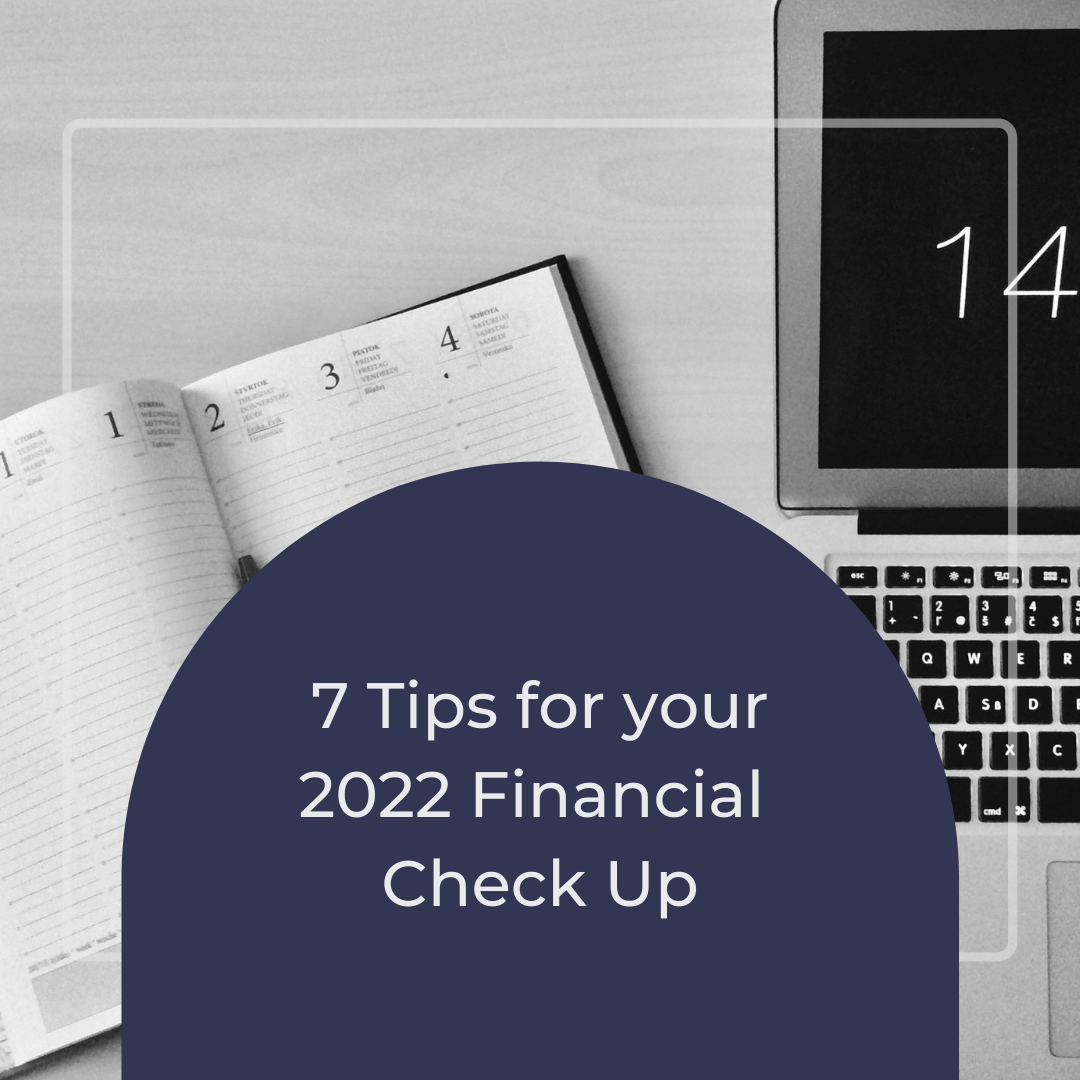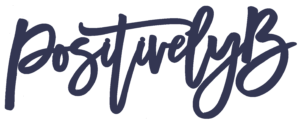

The holidays are officially over, and it is the start of a New Year.
The holidays may have been super busy, you may have stayed on budget, went over budget, or you are thinking right now…. “What budget?”
January is recognized as Financial Wellness month. It gives us an opportunity to take a closer look at our financial well-being and prepare financially for the upcoming year.
What is Financial Wellness?
Simply put, Financial Wellness is how you manage your income and expenses or as financial experts state, “how you effectively manage your economic life.”
Everything from living below your means, saving for the future, being prepared for emergencies, etc.
Check out these 7 tips for your 2022 financial checkup
Budget
Start with a plan. I suggest having an assignment for every dollar earned. If you don’t have a budget, try any of these methods, apps, or download my free budget template.
- Zero based budget – My personal favorite and my budget template is zero based.
- 50/30/20 – This method allocates 50% towards your needs, 30% towards your wants, and 20% towards savings and debt.
- Envelope budgeting – Assign a specific dollar amount to each category. Once the funds for that category have been depleted, you are done with that category for the month. This method is used well by using cash, but you can also use it digitally with apps or spreadsheets.
- Apps: YouNeedABudget, EveryDollar, Mint, or Trubill just to name a few.
Track your spending
Do you know how much you spent at the drive thru last month? Do you know how many times you filled your car up? Tracking your spending allows you to identify if you are over/underspending in particular areas of your budgeting.
What about that app you no longer use but you are being charged $5 a month at $60 a year? Money just going down the drain.
Find a way to monitor where your dollars go, so that you can trim out the excess unnecessary spending.
![]()
Emergency Fund
Emergencies and the unexpected can happen at any time, but in the event the unexpected happens, be prepared.
Do you have money saved in the case your car was to break down? Your child needs an emergency dental surgery? Something is almost guaranteed to come but will you be prepared?
It is best to have 3–6-month expenses saved in an emergency fund. You can keep this is in a traditional savings account but is best optimized in a High Yield Savings account. This will accrue a little more interest than a traditional savings account.
Credit Report
Know your number. Do you know your credit score? When is the last time, someone ran your report? Have you paid off an account and it is still listed on your report with a balance?
Each year, you can pull your report for FREE from any of the credit bureaus, TransUnion, Equifax, and Experian. Due to COVID 19, you can get FREE weekly credit reports at www.annualcreditreport.com
By knowing your score, you can also see where you stand when it comes time for a big purchase.
Reduce Debt
Do you have debt? Do you know how much debt you owe? No better time than now to determine how much debt you owe and tracking it using my debt tracker to help you list all your debts.
Many times, we know what we need to make a monthly payment to, but once you have all your debts listed choose a debt strategy that will encourage you to pay off your debts.
Two popular options are the Debt Snowball – pay off the least amount debt off to the highest amount of debt owed. Debt Avalanche pay the highest interest debt first. This method will save you money in the long run.
Automate Savings
Pay yourself first! Set up an auto transfer for each time you get paid to a savings and/or an investment account. Even if it is only $25 a pay period, a little will go a long way in the end. Again, this ties back to building an emergency fund.
Secure your financial future
If your place of employment offers a workplace retirement account, contribute. Especially, if they offer a matching contribution. Whether it’s contributing a small percentage, or the percentage that your company matches, contribute.
I have been with my job for nine years, and they have put way more money into my 403b than I have because of their match plus they offer additional retirement benefits.
You don’t want to wake up at 65 and must continue to work through your 70s or 80s because you didn’t have a nest egg by saving early in your career. If you want to work through your 75-80yrs, that is great! My dad is that person who loves working!
If you don’t want to work at that age or even want to retire earlier than 65, be sure to contribute to your retirement now.
Check out this retirement calculator to see where you are on your retirement journey.

